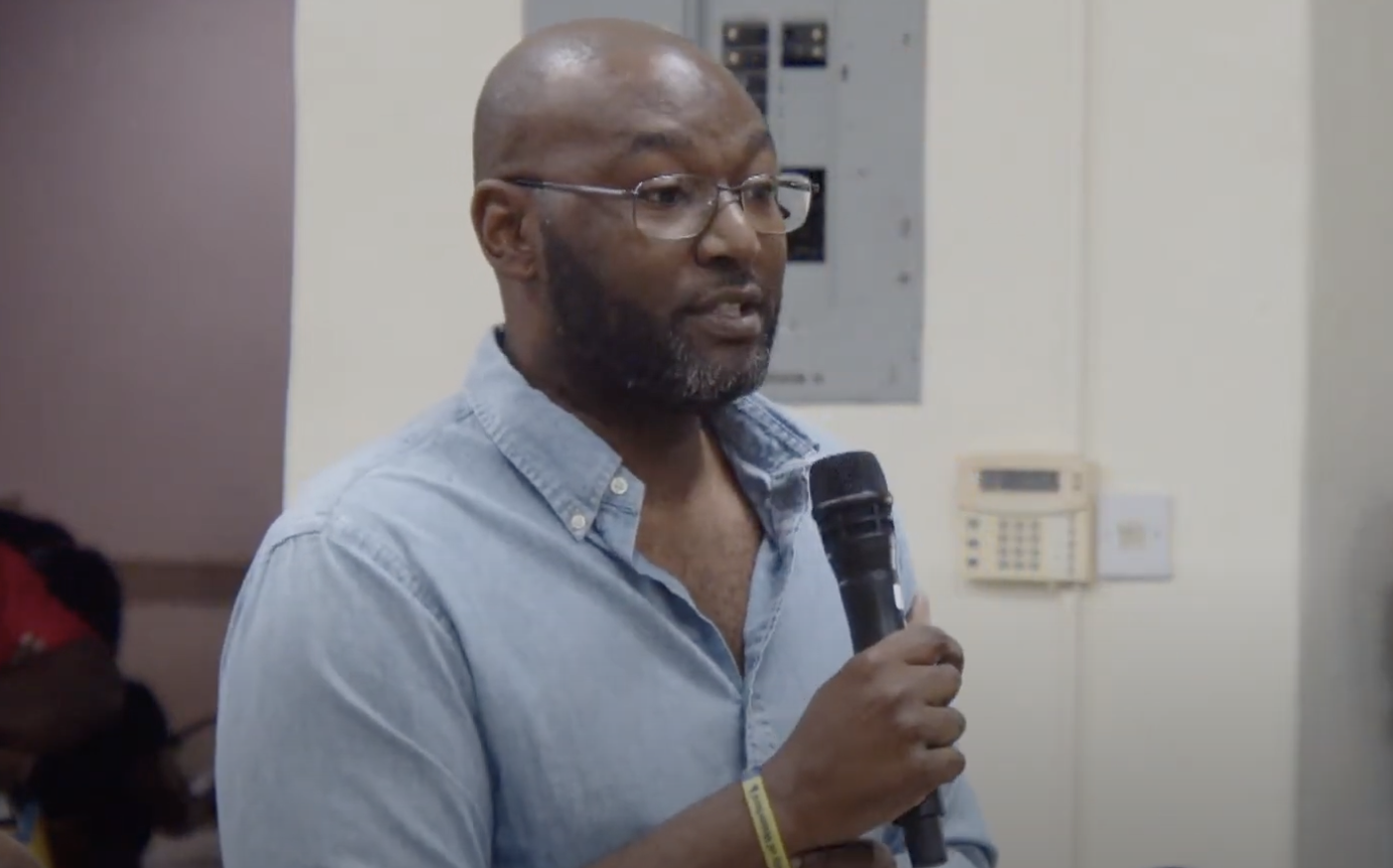Barbados Government Progresses Digitization Efforts for Supreme Court's Probate Registry, Attorney General Reveals

March 29, 2024
Government is making strides in digitizing the Probates Registry of the Supreme Court, addressing concerns about delays in probate processes. Attorney General Dale Marshall shares updates at the Sharon Moravian Church Hall.
Government is moving towards digitising the Probates Registry of the Supreme Court, Attorney General Dale Marshall SC has disclosed.
Marshall made the announcement as he responded to concerns raised by St Thomas resident Anderson Yearwood about the unit during the St Thomas Speaks forum held at the Sharon Moravian Church Hall, on Wednesday night.
Yearwood — an attorney-at-law with a major aspect of his practice focused on probate and estate — told the panel, which included Prime Minister Mia Mottley, St Thomas MP Cynthia Forde, Minister of Transport and Works Santia Bradshaw and Senior Minister Dr William Duguid, that the issue stems from the delay in doing business at the Probate department.
Yearwood said: “It affects a lot of people in Barbados and affects me personally as well in my professional capacity. You have a situation whereby it’s taken three and four years sometimes to get grants of probate, and you have tens of millions of dollars being somewhat held hostage over there.”
Probate is the process of proving before a judicial authority that documents offered for official recognition and registration, such as the last will and testament of a deceased person, are genuine.
The Attorney General assured the lawyer that the issue of backlog at the unit was being dealt with with new initiatives set to come on board.
“Our first consideration,” Marshall explained, “was how we deal with the backlog and I can tell you that we have significantly reduced the backlog going back as far as 2011. So, at this point in time, from 2011 up to about 2022 or maybe 2021, less than about five per cent of the probate matters remain incomplete. There are a number of reasons why they are incomplete . . . .
“In order to deal with the backlog, we have engaged lawyers, experienced lawyers, to come in and just go through the files in a fairly consistent and rapid basis, and that’s been achieving results,” he added.
Marshall said the focus was now on 2021 to 2023.
“We are moving towards digital processing for probates, and there are some new initiatives that we are looking at doing . . . . For example, if you’re doing an estate, you’ve got to produce a whole set of all the birth certificates and death certificates, invariably, you got to go and order these forms from the registry, and they come to you, and then you gotta go and file them and then somebody looks at them — that is a lot of processes and an awful lot of $5 bills.
“What we are looking at doing is digitising all of the births and deaths. All. We know that we can go back to as far as, I think, about 1880. When we digitise all those records, they are going to be searchable. So you will be able to go online and look for your grandfather’s birth certificate. You don’t have to go and order it. You can click on it and move it from here to your probate file, eliminating all that kind of stuff,” said Marshall, who added that those plans were in the pipeline to be done this financial year “to cut down a lot of the up and down, the paperwork and so on and also new probate rules”.
He added: “So just be patient with us, we are getting there, and I’m fairly sure by the end of this financial year not only will the backlog be more or less completely gone, you’ll be able to see a faster turnaround.”
Yearwood pointed out that the government had been speaking about the deficit and looking for internal investment within the country.
Pobates, according to the lawyer, is one area that can assist the government.
“If you’re able to have these grants processed in a faster period, then that is millions of dollars into the society. A lot of these properties are then sold, the government will get revenue from stamp duty, [and] property transfer tax, and then you have persons that have ready cash available for investment, could be starting a new business entrepreneurship, buying government bonds, government paper or buying other property,” the attorney said.
Prime Minister Mottley stated that in addition to digitising the records, “I have asked for the deconstruction of the process because things that made sense in 1970 may not necessarily make sense in 2024.” (FW)


